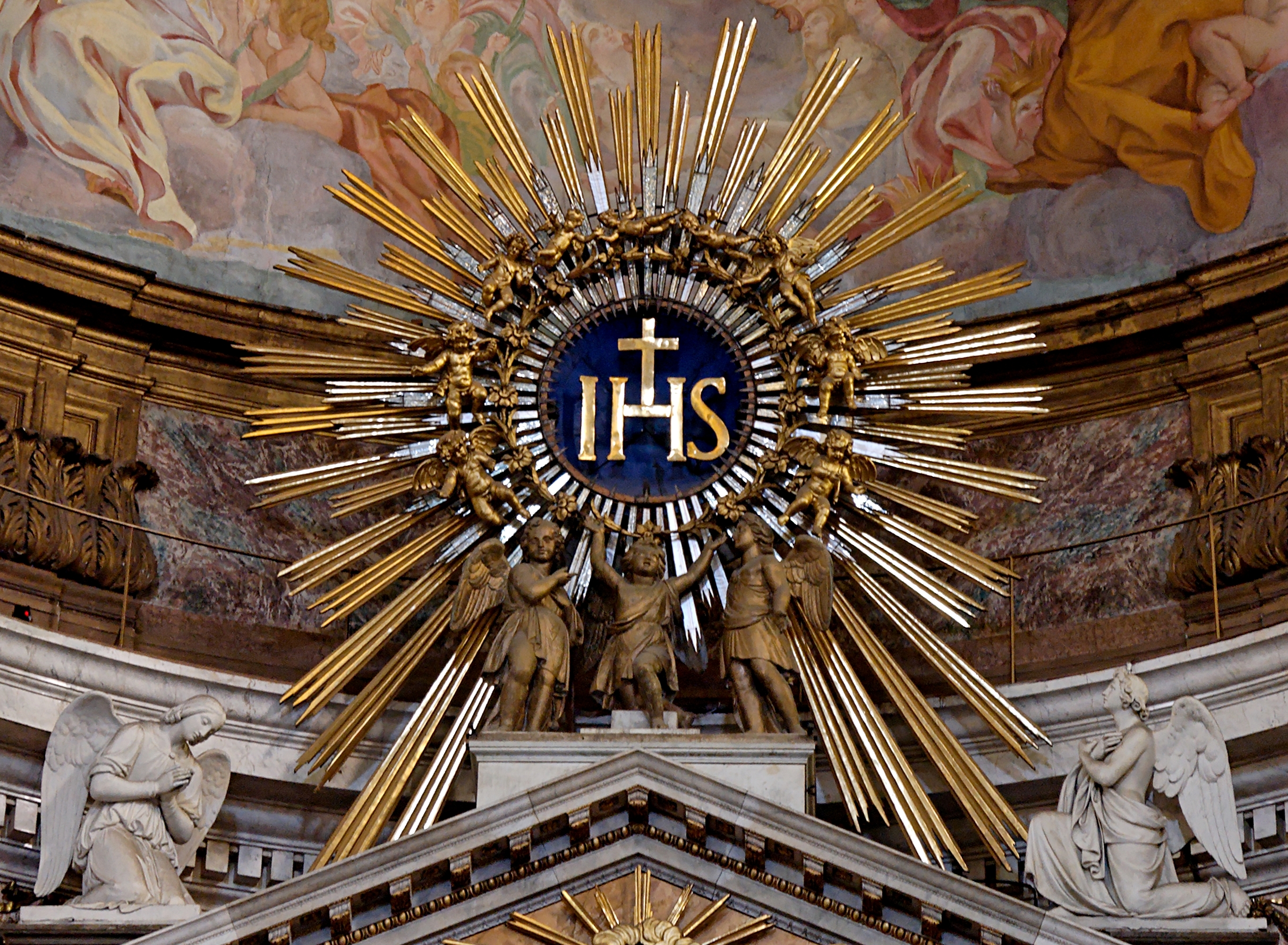Homily of Fr. Paul Panaretos, S.J.
It’s Tempting To Warp God’s Image
We feel a controversy between Jesus and the religious elite of his day in this gospel passage. We can appreciate it when we remember the call Jesus issued, which set the stage for it.
Jesus called Peter to be his disciple and a self-proclaimed sinner joined Jesus--“Depart from me Lord for I am a sinful man!” Peter had said. Jesus then called Levi, and a tax agent joined the messianic fellowship. Sharing a table symbolized spiritual unity. The religious professionals could not get their heads around Jesus’ table-fellow-ship, which included tax agents and sinners. Plus, his frivolity--he and his disciples were guests at banquets--seemed to insult fasting and praying.
Jesus answered their question about spiritual unity--why they kept sinners at a distance--that he was a physician for the soul, and like physicians of the body, Jesus had to be with his patients. Jesus applied to himself the biblical image of the bridegroom, which had been used by prophets to announce God’s desire to be with all people.
 In Jesus God was and remains near to all. The controversy over those Jesus called to him demonstrated the distance between Jesus and the attitude of the religious elite and others who considered themselves righteous according to the standard of torah.
In Jesus God was and remains near to all. The controversy over those Jesus called to him demonstrated the distance between Jesus and the attitude of the religious elite and others who considered themselves righteous according to the standard of torah.The gospel message of Jesus is the new garment and the new wine. If it is useless to use an old patch on a new garment and to put new wine into old skins, how inadequate to use old forms, and worse, mistaken notions of piety to measure Jesus and his proclamation of the kingdom!
The religious elite, who opposed Jesus, warped the invisible God to their image. In the process they tried to shrink God’s heart and desire. Jesus, the true image of the invisible God, made God’s desire shockingly visible: God desires no distance from sinner and outsider. In fact, the divine heart is partial toward the sinner and outsider! We might consider throughout our day: does God’s desire offend us or does it console us? That can teach us about God as well as ourselves.
____________
The first two martyrs remembered today were Jesuits, who died for their faith in the 17th Century at the hands of Hungarian Calvinists. The third martyr, who died with them, was a diocesan priest.
_________________________________________________________
Wiki-image of the IHS monogram is in the public domain.
No comments:
Post a Comment